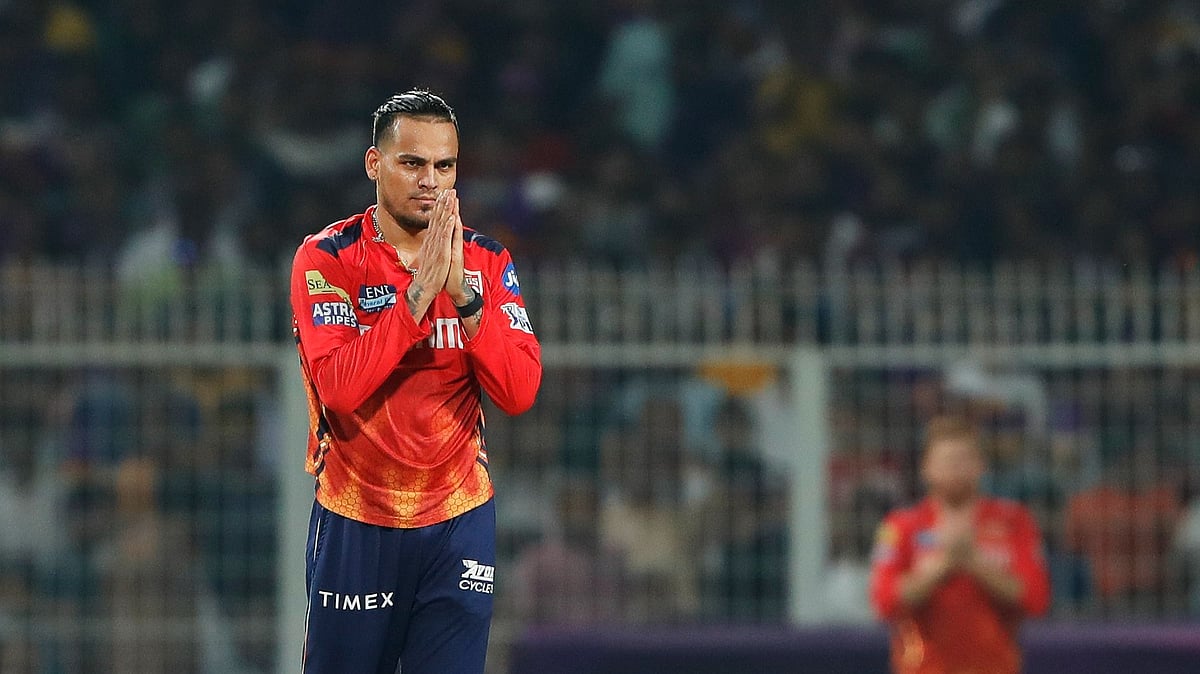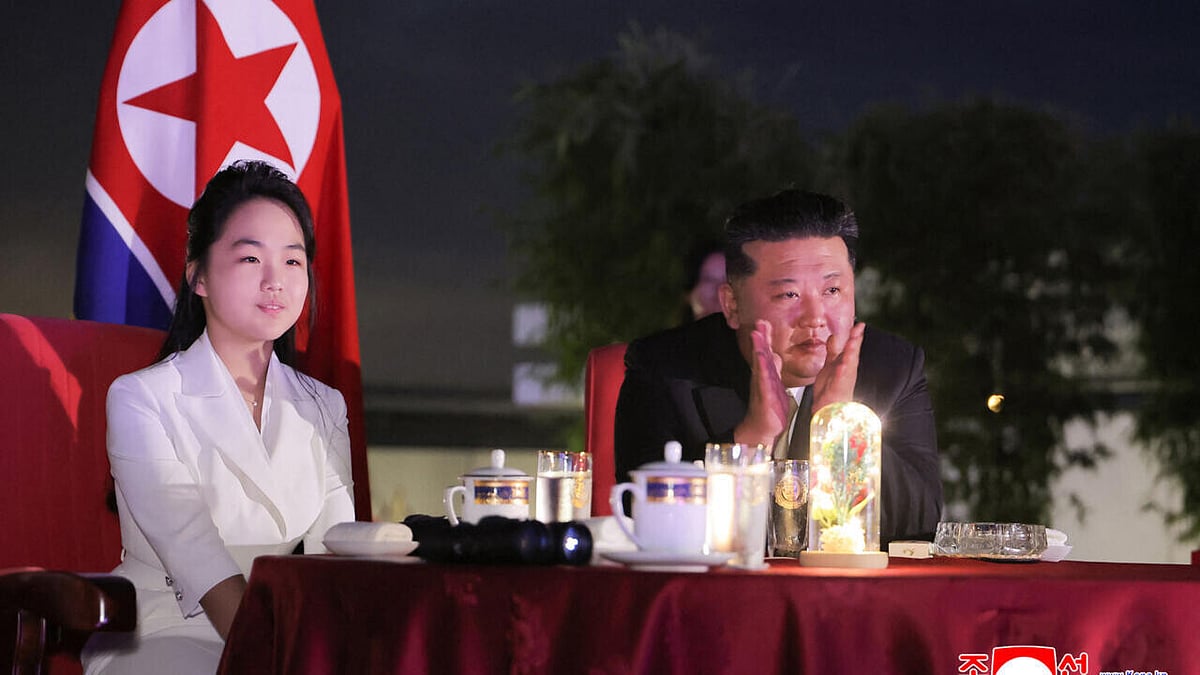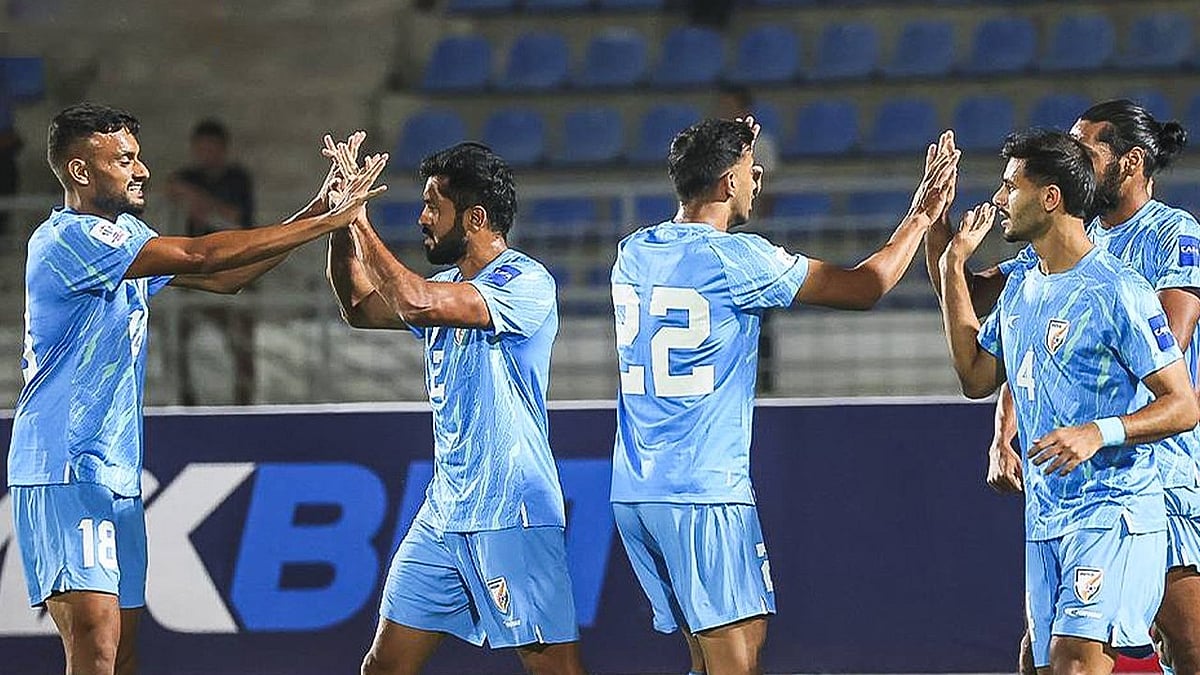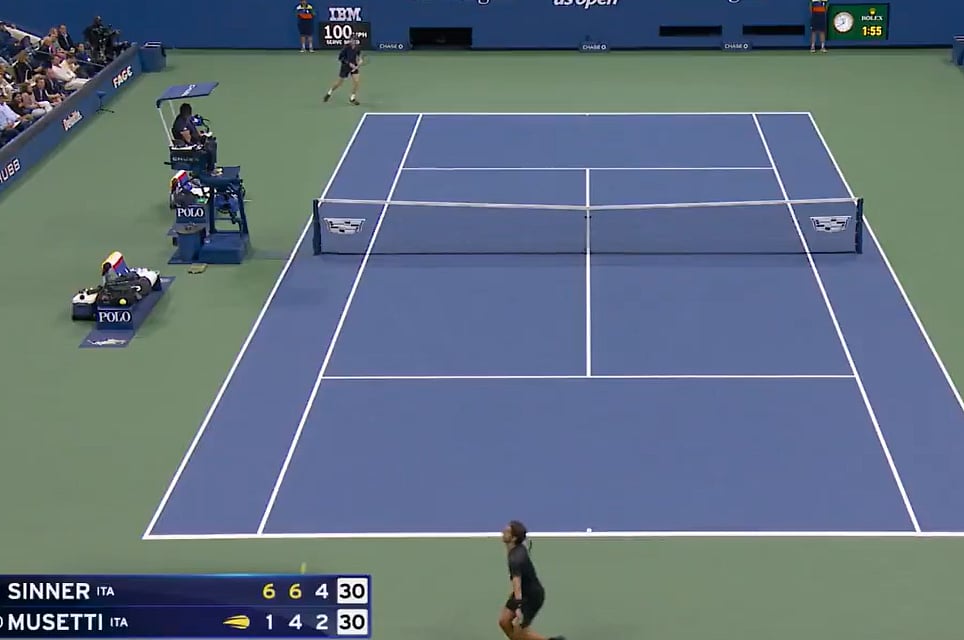Mumbai: The final countdown to the Asia Cup 2025 tournament has begun with five days left for the tournament to get underway in the United Arab Emirates. The major talking point of the tournament scheduled to be played between September 9 to September 28 is the mouthwatering clash between defending champions India and Pakistan which is set to be played on September 14 in Dubai.
The decision to let both teams play each other faced severe backlash following the Pahalgam attack and Operation Sindoor. With the Sports Ministry refusing a green light only for bilateral series against Pakistan, fans deemed the decision as shameful.
Free Press Journal’s Executive Editor Afrida Rahman Ali sat down with political analyst Tehseen Poonawala for a candid discussion on the matter.
Excerpts from the interview
Afrida Rahman Ali: The Asia Cup is almost here, and the possibility of an India–Pakistan clash has generated sharp reactions. Why does this match strike such a raw nerve?
Tehseen Poonawala: The timing is important. Operation Sindoor was paused, not concluded. Families are still grieving after the Pahalgam tragedy. And then you hear Pakistani leaders making hostile statements even speaking of nuclear threats against India. In such an atmosphere, playing cricket with Pakistan doesn’t sit well. It feels like we are normalising ties at a time when wounds are still fresh.
Afrida: The Sports Ministry argues that India’s policy is clear: no bilateral matches with Pakistan, but multilateral tournaments are treated differently. Do you think that distinction is valid?
Tehseen: I understand the logic, but I find it inconsistent. The Asia Cup is not like the Olympics or ICC World Cup, which India cannot skip. This tournament has been skipped in the past. And financially, it benefits Pakistan through revenue sharing. The question is should Indian money, Indian viewership, indirectly support Pakistan’s cricket board at such a sensitive time?
Afrida: Former cricketers like Harbhajan Singh and Virender Sehwag say that cricket should continue, and skipping a game is symbolic compared to soldiers’ sacrifices. What do you make of that?
Tehseen: I respect them as players, but I don’t agree. National security and sentiment can’t be measured only in symbolic terms. The issue is not just about a match it’s about sending a message. If we can ban Pakistani actors and restrict cultural ties, then why make an exception for cricket, which is financially far more significant?
Afrida: You’ve been critical of the BCCI as well. Where do you think the final decision should come from the government or the cricket board?
Tehseen: Both have a role. The BCCI often says it acts with government clearance, and the government points back to the BCCI. The reality is, many in cricket administration come from political families, which makes accountability blurred. But ultimately, if the nation feels strongly, the leadership has to intervene.
Afrida: So, what is your way forward on this issue?
Tehseen: I believe India should politely withdraw from playing Pakistan in the Asia Cup, or press for a tournament structure that excludes Pakistan. It’s not about hostility for the sake of it it’s about consistency. If we have chosen not to engage with Pakistan culturally or economically, cricket should not be an exception.









